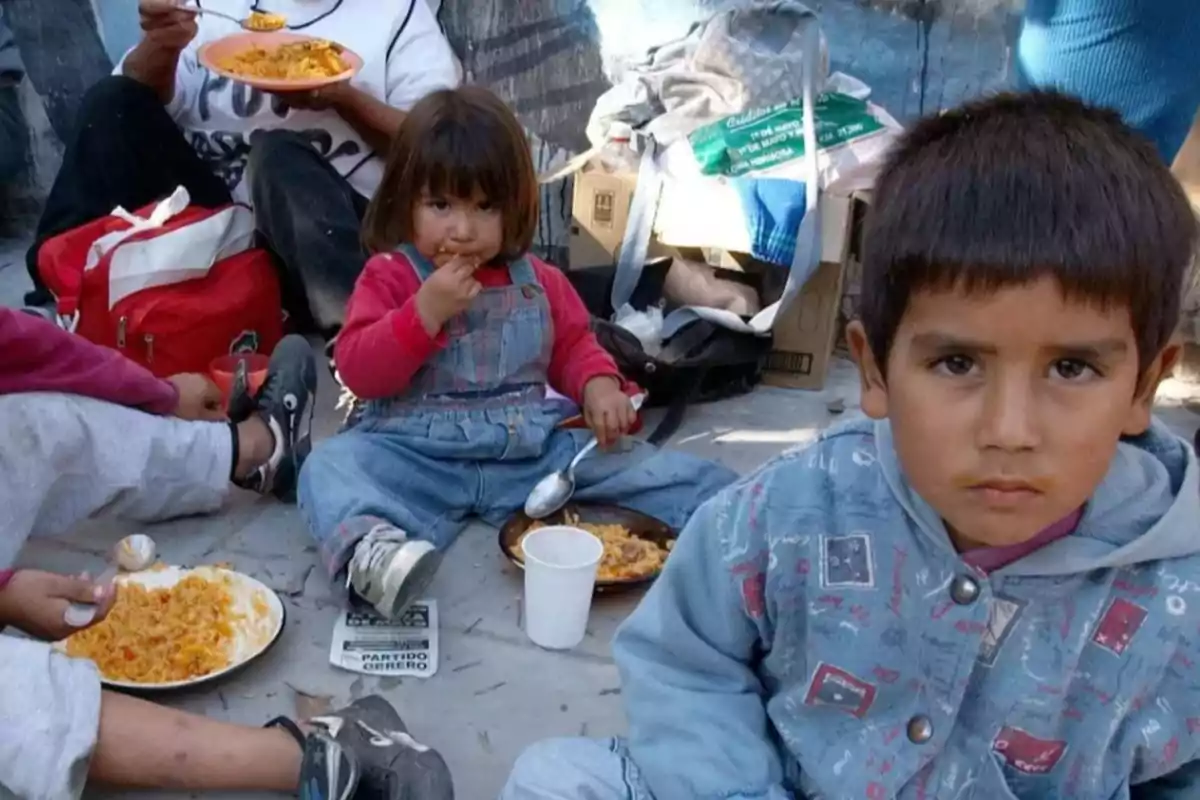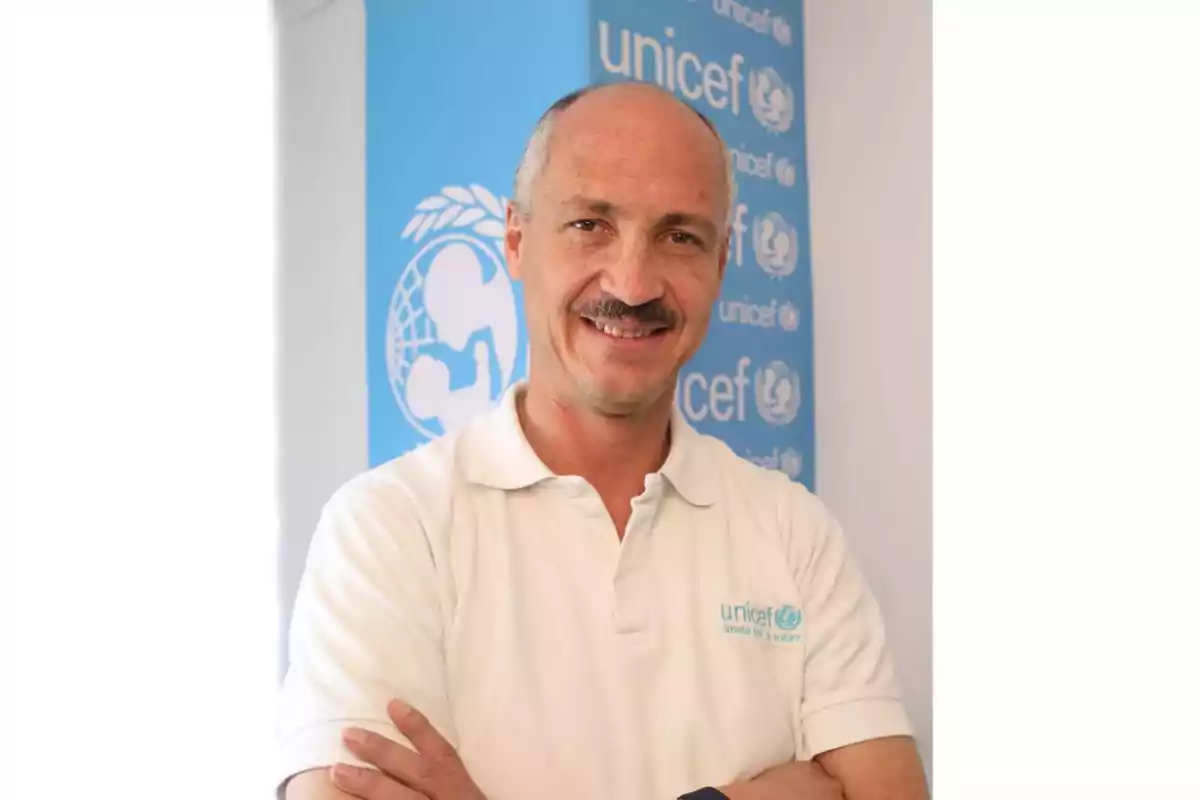
UNICEF acknowledges that Milei's government achieved a reduction in poverty in 2024.
The reduction of child poverty in the country has been recognized by UNICEF as an 'encouraging sign.'
UNICEF Argentina published an official statement recognizing a significant decrease in child poverty in the country. According to the report titled "Monetary Poverty and Deprivations Related to Rights in Girls and Boys. Argentina 2016-2024", the child poverty rate dropped by 14 percentage points between the first and second half of 2024, which is equivalent to 1.7 million children who are no longer in that condition.
When compared to the same period of the previous year, the year-on-year decrease was 6 points, representing 800,000 minors.
These figures reflect a reversal of the peak reached at the beginning of 2024, when child poverty had exceeded 67% and affected more than 8 million children. "This recent improvement may be linked to the partial recovery of real household income and represents an encouraging sign that is important to sustain over time", UNICEF stated in its release.

The report is based on data from the National Council for the Coordination of Social Policies, prepared from the "Income Distribution Report" by INDEC. General poverty also shows a considerable decrease: in the second quarter of 2024, it is estimated that the rate was 31.7%, 23.1 points lower than the previous quarter, when it had reached a high of 54.8%. Extreme poverty, meanwhile, fell by 12.9 percentage points.
These results coincide with an economic context of fiscal consolidation—equivalent to approximately five points of GDP—and reforms aimed at liberalizing key sectors. Despite initial forecasts that anticipated social deterioration due to the adjustment, the indicators show a widespread improvement in living conditions.
The technical explanation points to three main factors: economic growth, reduction of inflation, and recovery of employment and real wages. According to official data, gross domestic product is growing at 6% year-on-year, while year-on-year inflation slowed to 39% in June, after having exceeded 200% in December 2023. This dynamic allowed incomes to begin growing above inflation.
UNICEF's representative in Argentina, Rafael Ramírez Mesec, had already described the drop in child poverty as a "very striking and noteworthy phenomenon" in public statements prior to the release.

Although public spending has been cut in general terms, the UNICEF report notes that specific social protection measures have had a direct impact on the most vulnerable sectors. Among them, the increase in the amounts of the Universal Child Allowance (AUH) and the expansion of the Alimentar Card coverage up to age 17 stand out.
"Along with the slowdown in inflation, social protection policies for children have been essential for the reduction of poverty, especially extreme poverty", said Sebastián Waisgrais, the organization's child poverty specialist.
Forecasts for the first half of 2025 maintain the downward trend: UNICEF projects that 47.8% of children will be below the monetary poverty line, and 9.3% in a situation of extreme poverty, figures that are still high but clearly declining.
In this context, the economic management of the national government has managed to reverse critical social indicators in record time, combining fiscal discipline with targeted containment policies. Macroeconomic stabilization is beginning to be reflected in social statistics, with a direct impact on the child population, historically one of the most sensitive sectors in the face of economic crises.
More posts: